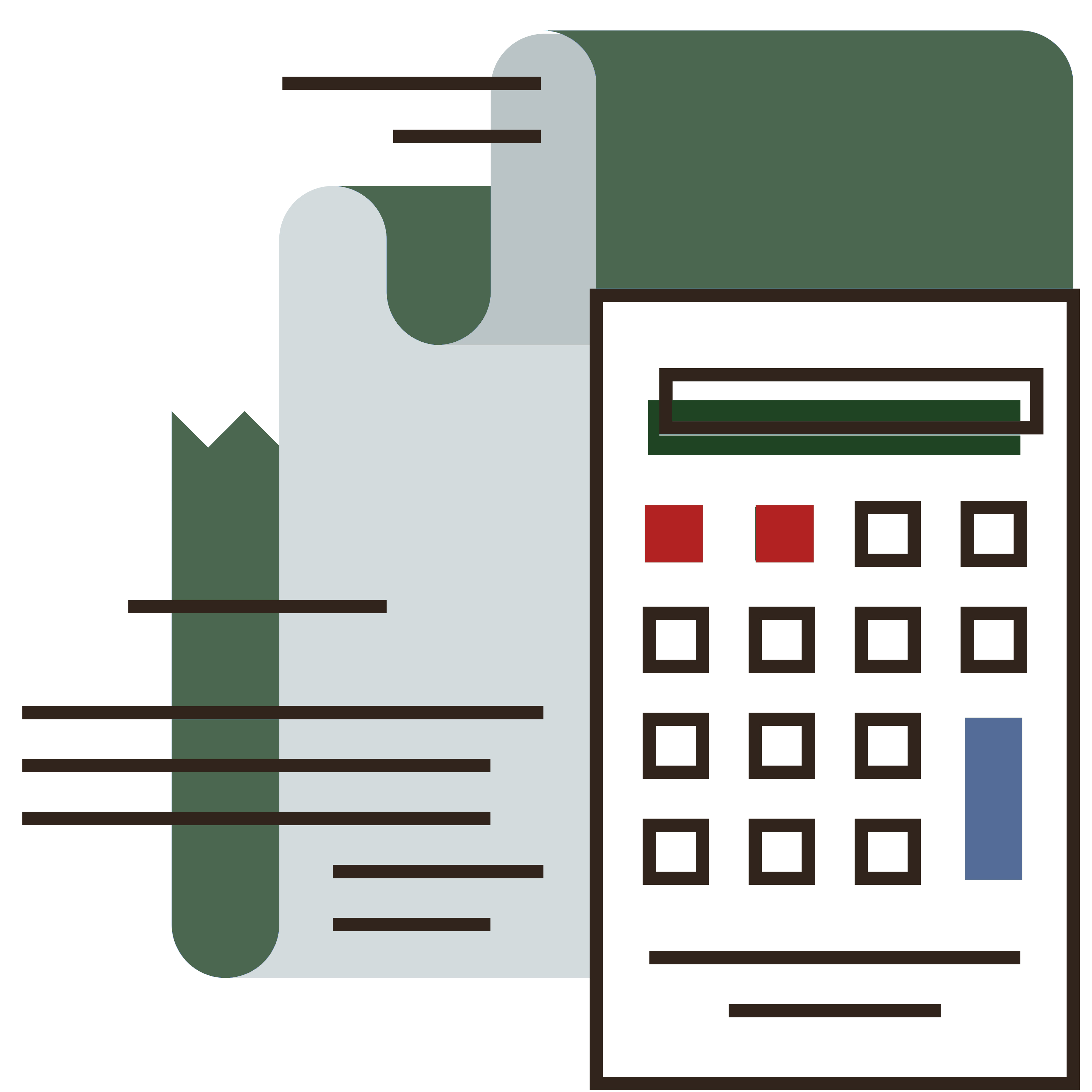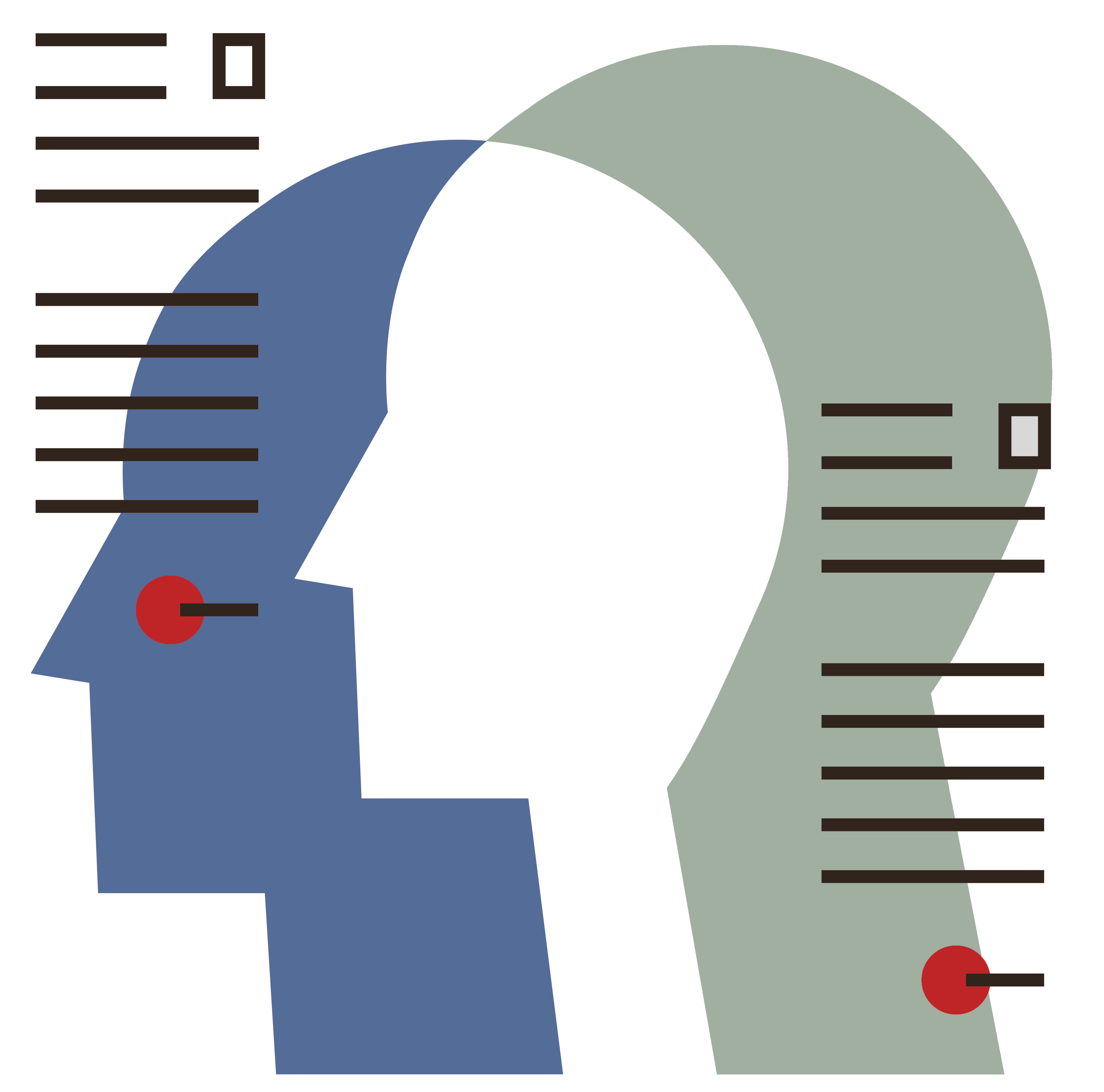Red Flags
It's important to note that the presence of one or even many red flags is not in and of itself a conclusive indication that fraud exists, but rather is meant to heighten awareness.
Fraud in Government
The following categories list behaviors that might indicate fraud.

- Employee lifestyle changes: expensive cars, jewelry, homes, boats
- Refusal to take vacation or sick leave
- Poorly defined duties without adequate monitoring
- Behavioral changes that may indicate substance abuse or gambling problems, or just fear of losing job
- High employee turnover, especially in areas more vulnerable to fraud
- Reluctance to provide information to investigators
- Management decisions dominated by an individual or small group
- Disrespect for regulatory bodies
- Excessive or unauthorized voided receipts
- Lax or inexperienced accounting personnel
- Inordinant number of manual checks
- Excessive number of checking accounts
- Frequent changes in banking accounts
- Frequent changes in external auditors
- Under-market-value sales of company assets
- Significant downsizing in a healthy market
- Continuous rollover of loans
- Excessive number of year-end transactions
- Unsupported transactions or adjusted journal entries
- Unexpected overdrafts or declines in cash balances
- Any financial transaction that doesn’t make
- Service contracts for which there is no product
- Photocopied or missing documents
- Altered records
- Refusal by company to use serial-numbered documents
- Compensation program that is out of proportion

- Abnormal number of expenses, supplies or reimbursements
- Purchases that bypass normal procedures
- Handwritten or typed invoices vs. computer-generated invoices
- Increased complaints about products or service
- Increase in purchasing without increase in sales
- Acceptance of gratuities or significant “promotional” items
- Handwritten check endorsements vs. stamped endorsements
- Abnormal inventory shrinkage
- Prepayment of goods or services
- Frequent use of sole-source contracts
- Pressure to expedite payments
- Lack of physical security over assets/inventory
- Charges without shipping documents
- Payments to unapproved vendors
- High volume of purchases from new vendors
- Vendors without physical addresses
- Vendor addresses that match employee addresses
- Inventory that is slow to turn over
- Lack of defined duties
- “Consulting” contracts for which there is no end product
- Deviation from specifications on delivered goods or services
- Numerous duplicate payments, then pocketing the refund
- Prepayment of goods or services
- Purchasing agents who pick up vendor payments rather than having them mailed

- Minimal or no supporting documentation for charges (for example, summary charge slips vs. detailed receipts)
- No or minimal policies regarding access and use of credit cards
- No or unreasonably high limits
- No restrictions on types of purchases
- Inappropriate charges noted on statements

- Poor physical safeguards of property
- Unauthorized transfer or disposal of assets
- Missing records such as canceled checks or vendor invoices
- Inadequate record-keeping
- Unexplained increase in property loss
- Unexplained increase in particular purchases

- Excessive number of voided receipts, customer discounts and returns
- Customers complaining they are receiving non-payment notices
- Unauthorized bank accounts
- Unauthorized voided receipts, customer discounts, or returns
- Unauthorized account adjustments or write-offs
- Untimely deposits
- Sudden activity in a dormant bank account
- Unjustified cash transactions
- Large number of account write-offs
- Unreconciled bank accounts
- Cash register shortages or overages
- Increase in past-due accounts
- No collection efforts on past-due or written-off accounts
- Cash payments when checks are expected
- Unexplained drop in revenue despite same level of sales
- Discrepancies between bank deposits and posting

- Overtime charged during a slack period
- Employees with duplicate Social Security numbers, names or addresses
- Overtime charged for those who normally would not have overtime wages
- Inconsistent overtime hours for a cost center
- Budget variations for payroll by cost center
- Employees with few or no payroll deductions

- Borrowing money from co-workers
- Easily annoyed at reasonable questions
- Bragging about significant new purchases
- Creditors or collectors appearing at the workplace
- Excessive drinking or gambling beyond the ability to stand the loss
- Providing unreasonable responses to questions
- Refusing vacations or promotions for fear of detection
- Carrying unusually large sums of money
- Rewriting records under the guise of neatness in presentation
The Association of Certified Fraud Examiners is the world’s largest anti-fraud organization and the
premiere provider of anti-fraud training and education.
For more information and resources to combat fraud, visit www.acfe.com